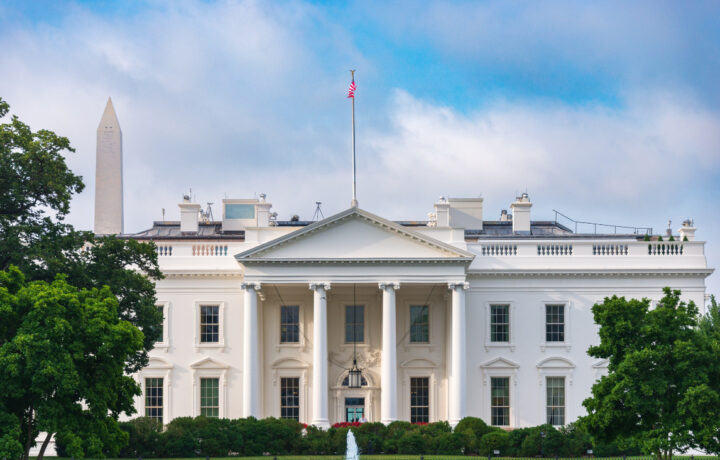On his first day in office, President Trump issued two executive orders centered on security clearances, underscoring the administration’s immediate focus on national security.
The first order addressed delays in the FBI’s clearance investigation process. Traditionally, the FBI is responsible for vetting White House staff and key appointees during transitions, but the administration cited a “backlog” as the reason for granting interim clearances for appointees. Although the backlog was relatively minor compared to historical clearance delays, the move demonstrated an effort to fast-track key appointments during a critical transition period.
The second executive order revoked clearance eligibility for 51 individuals who had signed a letter raising concerns about Hunter Biden’s laptop, citing allegations of Russian disinformation. Additionally, former National Security Advisor John Bolton faced consequences for publishing an op-ed that reportedly bypassed the pre-publication review process required of those with security clearances.
These executive actions highlighted the president’s authority over classified information, a power upheld by the Supreme Court. They also reflected the administration’s intent to address perceived politicization within the intelligence community. The orders sent a clear message about the importance of safeguarding classified information by targeting individuals accused of leveraging their clearances for personal or political gain.
For most clearance holders, these orders have little direct impact on their work. However, they underscore the evolving dynamics of security clearance policies and the power of executive oversight.




